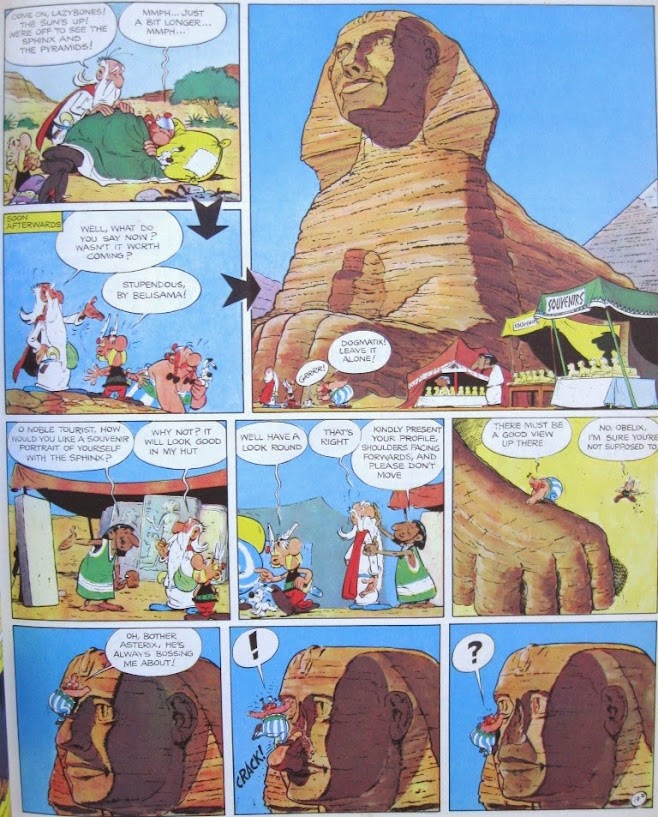Artists: Pablo Picasso, c. 1955 and, on the right, Liana Finck, The New Yorker, February 2017
Launched on Nov 29 2006, now 2,100+ posts...This bilingual blog - 'आन्याची फाटकी पासोडी' in Marathi- is largely a celebration of visual and/or comic ...तुकाराम: "ढेकणासी बाज गड,उतरचढ केवढी"...George Santayana: " Everything in nature is lyrical in its ideal essence, tragic in its fate, and comic in its existence"...William Hazlitt: "Pictures are scattered like stray gifts through the world; and while they remain, earth has yet a little gilding."
Monday, October 31, 2022
आधुनिक डॉन.... Tilting At Windmills While Waiting
Artists: Pablo Picasso, c. 1955 and, on the right, Liana Finck, The New Yorker, February 2017
Thursday, October 27, 2022
सिल्व्हिया प्लॅथ यांनी न लिहलेल पुस्तक ...Sylvia Plath@90
विलास सारंग:
"... एक प्रकारची प्रशांत आनंदमयता या कवितांवर पसरली आहे. वेदनेची जाणीव आहे, परंतु ती सुखाला, प्रसन्नतेला विझवू शकत नाही. आधुनिक कवितेत हे किती वेगळेपणाचे आहे, हे आज मला विशेषकरून जाणवत. येट्सच्या अखेरच्या कविता म्हणजे एक आकांत आहे. मिनिआपोलिसच्या पुलावरून उडी घेणाऱ्या जॉन बेरिमनच्या कविता पहा, किंवा गॅस चालू ठेवून आयुष्य संपवणाऱ्या सिल्व्हिया प्लॅथच्या कविता. सर्वत्र यातना, झगडा, आकांत..."
['विस्टन ह्यू ऑडन (१९०७-१९७३): एक त्रोटक आठवण', 'सर्जनशोध आणि लिहिता लेखक', २००७]
सौजन्य : Estate of Sylvia Plath/Mortimer Rare Book Collection, SmithCollege, Northampton, Massachusetts
Monday, October 24, 2022
How Did The Sphinx's Nose Break? Mob or Obelix?
courtesy: "Asterix and Cleopatra", 1965 by René Goscinny, Albert Uderzo
I think the answer is: Obelix
Saturday, October 22, 2022
A Clockwork Orange or A Crockwork Lemon?
Artist for Anthony Burgess's book cover : David Pelham
Artist for Mad Magazine cover: I do not know, probably Norman Mingo (1896–1980)
Wednesday, October 19, 2022
The Girl I Leave Behind Me...October 1918, When All Was Quiet on the Western Front
The Armistice of 11 November 1918 was the armistice signed at Le Francport near Compiègne that ended fighting on land, sea and air in World War I between the Allies and their opponent, Germany.
Erich Maria Remarque, 'All Quiet on the Western Front', 1928
"...Here the trees show gay and golden, the berries of the rowan stand red among the leaves, country roads run white out to the sky line, and the canteens hum like beehives with rumours of peace.
I stand up.
I am very quiet. Let the months and years come, they can take nothing from me, they can take nothing more. I am so alone, and so without hope that I can confront them without fear. The life that has borne me through these years is still in my hands and my eyes. Whether I have subdued it, I know not. But so long as it is there it will seek its own way out, heedless of the will that is within me.
————
He fell in October 1918, on a day that was so quiet and still on the whole front, that the army report confined itself to the single sentence: All quiet on the Western Front.
He had fallen forward and lay on the earth as though sleeping. Turning him over one saw that he could not have suffered long; his face had an expression of calm, as though almost glad the end had come."
Saturday, October 15, 2022
...बगळे म्हणजे तृप्तीचे मूर्तिमंत प्रतीक...Durga Bhagwat and H. George Brandt
दुर्गा भागवत, 'ऋतुचक्र' (१९५६- २००२), 'सोनेरी अश्विन', पृष्ठ ७३
House & Garden magazine cover illustrated by H. George Brandt. October 1917
Thursday, October 13, 2022
Monday, October 10, 2022
काय खर्ज लागतो एकेका बेडकाचा....Frog Concert of Pu La Deshpande and Paul Lothar Müller
आज ऑक्टोबर १० २०२२, माझ्या कै आईचा (ज्योती गोपाळ कुलकर्णी / शकुंतला वासुदेव भाटे) ८५वा वाढदिवस
(खालील छोटा उतारा कृतज्ञता पूर्वक, पृष्ठ ७६, 'तुझें आहे तुजपाशीं', ले: पु ल देशपांडे, १९५७-२०००)
Artist: Paul Lothar Müller (1869-1956), 'Frog Concert' (Frog Concert), ′′ The Watchbox ", 1909
Friday, October 07, 2022
Great Music Did Not Save Them
"... I Am Ashurbanipal is a portrait of the banality of empire. Just as Hannah Arendt argued that the Holocaust was perpetrated by characterless paper-pushers, not flamboyant sadists, so we find here that Assyrian atrocities – including the forced resettlement of thousands of Israelites – were not the product of random mayhem but diligent organisation..."













